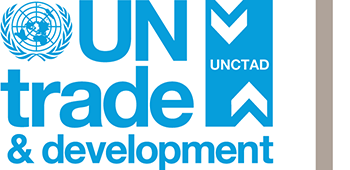Domestic resource mobilization has received great focus among developing countries due to role it plays in financing development objectives with minimal reliance on foreign aid. The significance of domestic revenue mobilization has been emphasized in the pursuit of development goals as set out in the Agenda 2030 for Sustainable Development and in the African Union’s Agenda 2063. The achievement of these development goals hinges on Africa’s ability to mobilize sufficient, predictable and timely financial resources. To this end, several reforms have been undertaken to enhance revenue mobilization which has seen the ratio of tax revenues to GDP (excluding natural resource taxes and social contributions) rise steadily from an estimate of 11 percent in the early 2000s to around 16.8 percent in 2018. However, these achievements are likely to be dampened by the effects of COVID-19 which saw many countries adopt some fiscal measures to cushion their economies against the effects of COVID-19. Leading to a contraction in economic activities hence reducing Africa’s domestic tax and non-tax revenues due to reduction in tax bases thus reducing tax-to-GDP ratios, as governments reduce taxes in an effort to ensure a resilient economic recovery among countries.
This calls for policy makers are expected to reconsider the policy options which can enhance revenue mobilization. The objective of this paper is therefore to develop an analytical framework which could aid researchers and policy makers in their analysis of a country’s direct tax system with the objective of identifying potential revenue mobilization opportunities and challenges to enhance domestic resource mobilization. The ensuing recommendations from such a policy analysis exercise could be adopted into tax policy resolutions and possibly adopted into law by member States.
